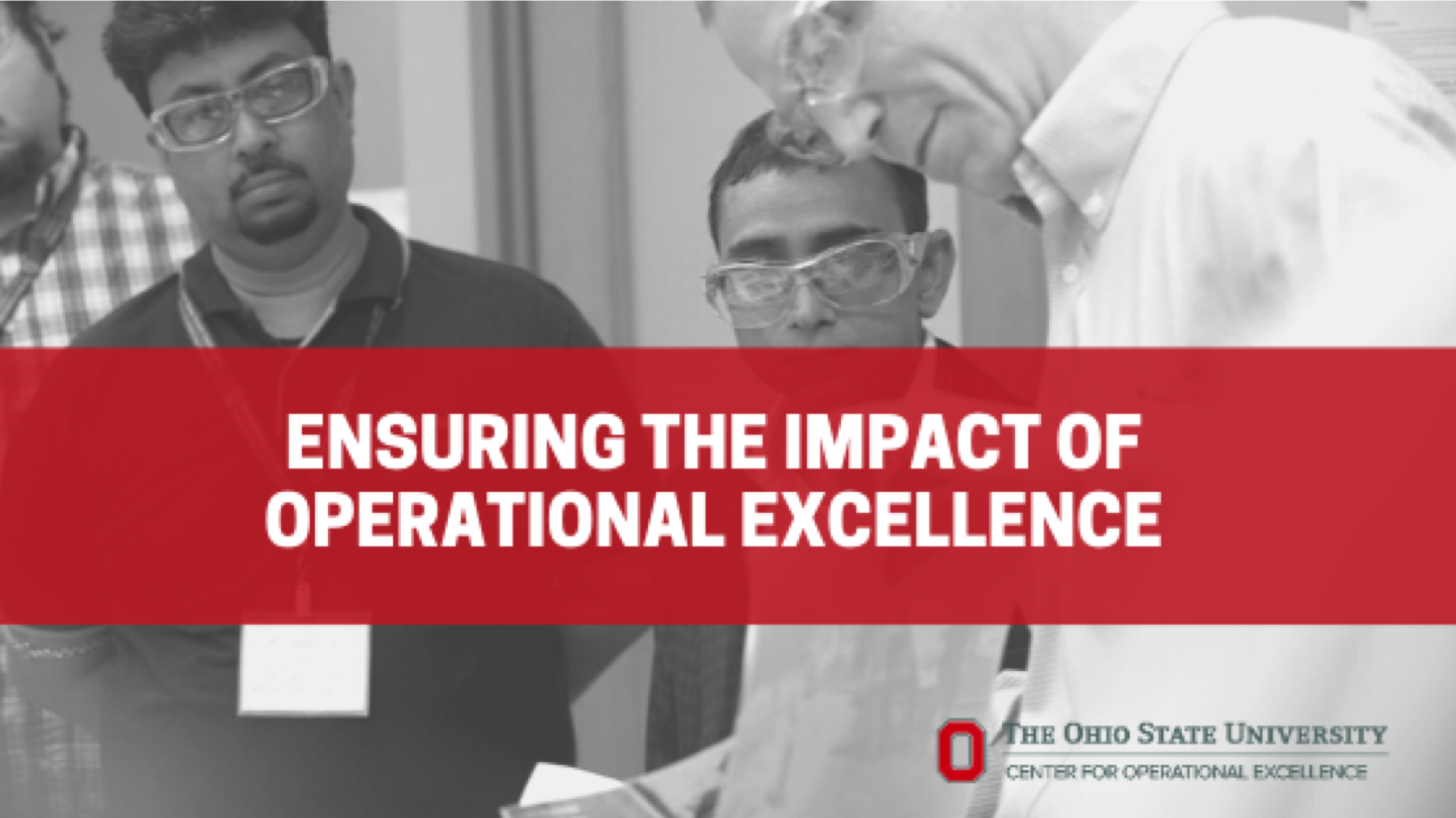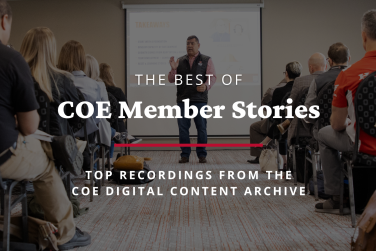
Ensuring the Impact of Operational Excellence
What do great organizations look like today? Do they have the best strategy? Are they the most efficient? Whilst both of these factors are essential, strategy (what we do) has become almost irrelevant and operational excellence (how we do things) is not easy to achieve.
Let’s take strategy first. Henry Mintzberg wrote a provocative and influential book, ‘The Rise and Fall of Strategic Planning’. Internal strategy departments are increasingly being disbanded, given the tension around who in an organization should be setting the strategy. As an academic discipline, strategy is rapidly evaporating. The organizations that failed in previous eras typically failed because they had the wrong strategy – they were just doing the wrong thing. But, today, organizations that fail usually had the right strategy… they just couldn’t make it happen. You can pay some very smart strategy consultants to tell you what your strategy should be, based on their MECE analysis (mutually exclusive and collectively exhaustive). But much of what they will present is analysis that people in your organization already knew.
Strategy is not what differentiates the great firms emerging around the world today.
Well, perhaps the answer is that great organizations are the most efficient? In a world of almost frictionless capitalism, this is certainly critical to success. But the challenge can sometimes be in persuading board members of the need to invest in operational excellence. The risk is you fall to prey to what we call the ‘Cassandra Syndrome’. Cassandra, in Greek mythology was given the gift of foresight by Apollo, but he also cursed her to ensure that nobody would believe her. Sitting in the boardroom, having finished your brilliant presentation about how to create more value for the organization through more efficient processes, standards and a more disciplined way of working together, with the directors unconvinced, arms folded skeptically, is intensely frustrating.
So, how do you avoid being a modern-day Cassandra? How can you ensure that you influence the board to adopt the practices that you are convinced will make a meaningful difference? This challenge is, arguably, more difficult that figuring out what needs to happen. This is where the psychology of organizations comes in. The problem is that human beings know what they should be doing. They are just not doing it. The core question that I try to help organizations answer is not ‘what should we be doing?’, it’s ‘why aren’t we doing the things we know we should be doing?’
During my breakout session at the Leading Through Excellence Summit, titled "Influencing Without Authority," I will be sharing with you what I have learnt from studying and advising organizations for over two decades on how to get your voice heard in the boardroom to ensure that you get the key stakeholders to buy into your recommendations.
Note: Richard Jolly will be presenting "Influencing Without Authority" on April 8th during breakout session E2.







